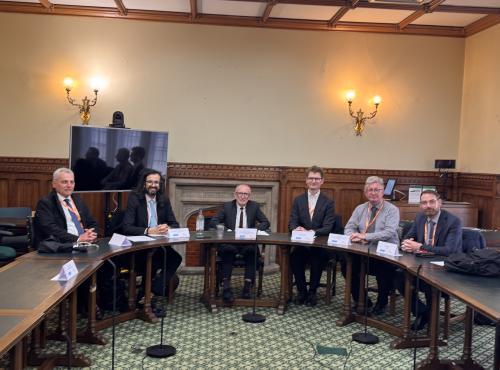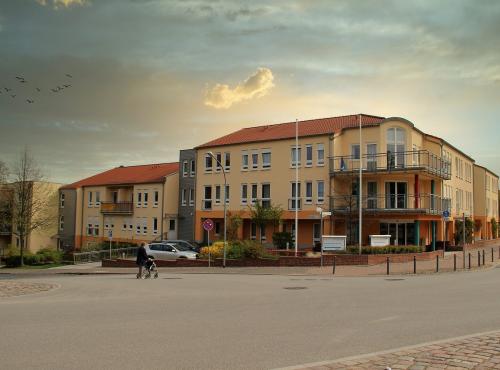MPs call on Government to end inaction on carbon monoxide
Yesterday Theresa May announced the Government’s long-awaited response to the Social Housing Green Paper will be published in September. Described as a set of ‘wide-ranging reforms of social housing’, the proposed action plan is expected to deliver the Government’s decision on a review of CO alarm requirements undertaken at the end of 2018. The review’s decision was originally scheduled for spring 2019 by Housing Minister Kit Malthouse MP, but yesterday’s announcement confirms a decision on future safeguards for tenants will continue to be delayed and passed onwards to the next government.
Barry Sheerman MP, Co-Chair of the APPCOG, responded by saying:
“The Prime Minister’s announcement means the Government is yet again delaying meaningful action that would prevent completely avoidable CO deaths. The All-Party Parliamentary Carbon Monoxide Group is deeply disappointed that our recommendations have not been accepted by this government, despite being backed by the House of Commons Housing, Communities and Local Government Select Committee, industry and landlords. However we will continue to campaign for life saving CO alarms to be required in all homes, no matter what tenure or fuel type they use.”
Accidental CO exposure is known to cause around 30 deaths each year, along with 200 hospitalisations and an estimated 4,000 A&E visits. However, the non-specific symptoms of CO exposure (headaches, nausea, dizziness, loss of consciousness, amongst others) and low awareness amongst the public and medical professionals means that poisoning is often missed. The above figures are considered by medical experts to be just “the tip of the iceberg”, with the total cost of CO exposure to the NHS estimated at around £178 million per year. Gas Safe Register estimate that 2.7 million private renters in the UK are at risk of CO exposure due to faulty gas appliances. This amendment to regulations does nothing to increase their protection.
The APPCOG’s 2017 report, Carbon monoxide alarms: tenants safe and secure in their homes, recommended CO alarms become mandatory across the private rented sector wherever any fuel-burning appliance is installed – with a view to further extending regulations to social housing and owner-occupier homes in the future. This report was submitted to the Ministry of Housing, Communities and Local Government’s (MHCLG) review of The Smoke and Carbon Monoxide Alarm (England) Regulations 2015. Our recommendations were supported by the House of Commons Housing, Communities and Local Government Select Committee’s report on the Private Rented Sector in April 2018. Following detailed submissions from industry and the housing sector to the MHCLG review, and the momentum gathered by Eddie Hughes MP’s Carbon Monoxide (Detection and Safety) Private Members Bill, the government announced a review of all carbon monoxide alarm requirements in at the end of April 2018. The APPCOG supported this review and took part in the MHCLG Working Groups looking at the cost-benefit analysis that supported the extension of requirements.
Current regulations require CO alarms to be installed in all rooms containing a solid fuel burning appliance in the private rented sector. The 2010 Building Regulations also require CO alarms to be installed alongside any new solid fuel burning appliance, regardless of tenure. In contrast, Scottish law already requires a CO alarm to be installed wherever any fixed combustion appliance (excluding those used only for cooking) is installed in rented accommodation. By 2021 all properties in Scotland regardless of tenure will have to have CO alarms installed alongside any carbon-burning appliance. The APPCOG will continue to encourage the Government to follow this example and introduce appropriate regulations that ensure all are safe from CO exposure in their home.
-
The All-Party Parliamentary Carbon Monoxide Group (APPCOG) calls on the Government to end its inaction on extending carbon monoxide (CO) alarm requirements across the social and private rented sectors.
-
Millions of tenants remain at risk from CO poisoning whilst Government delays critical action to safeguard households from this “silent killer”.




